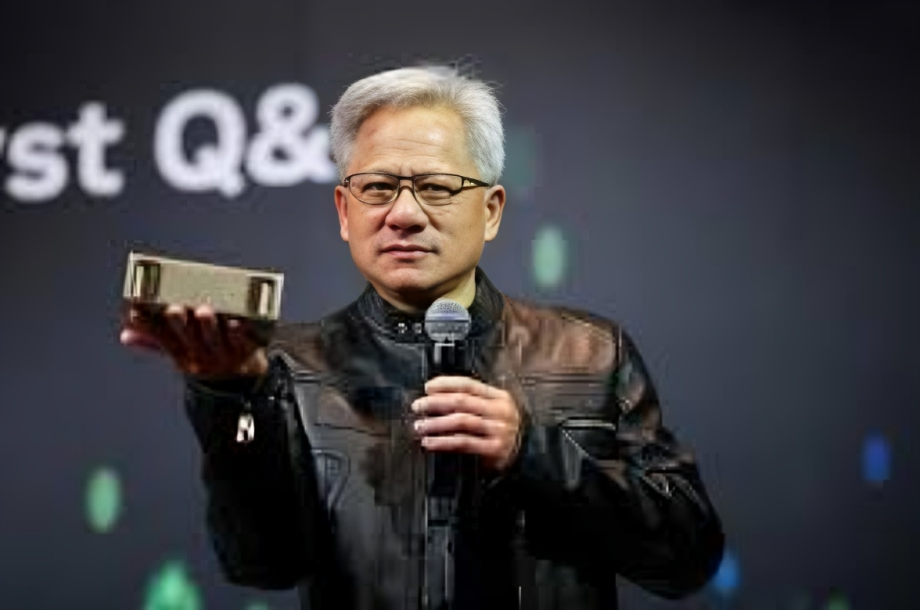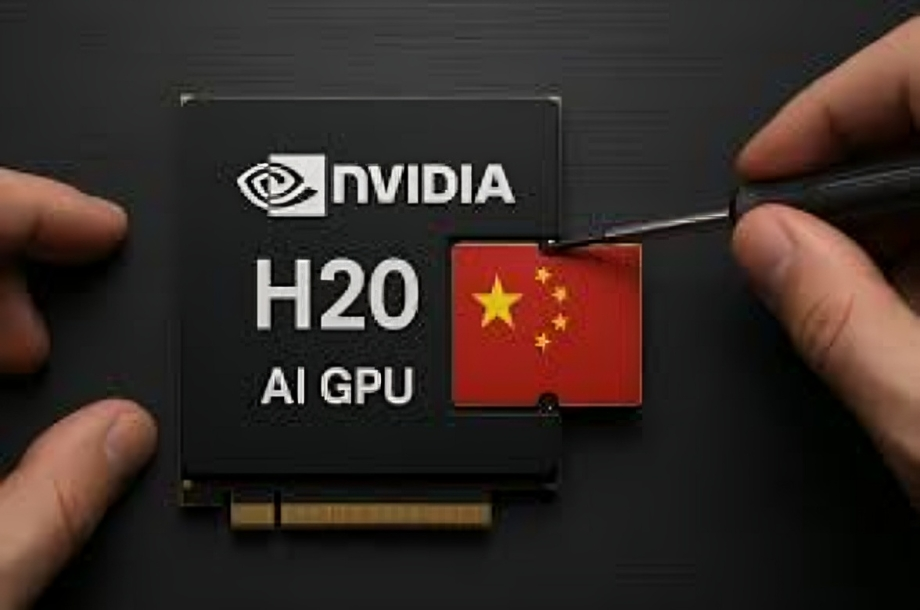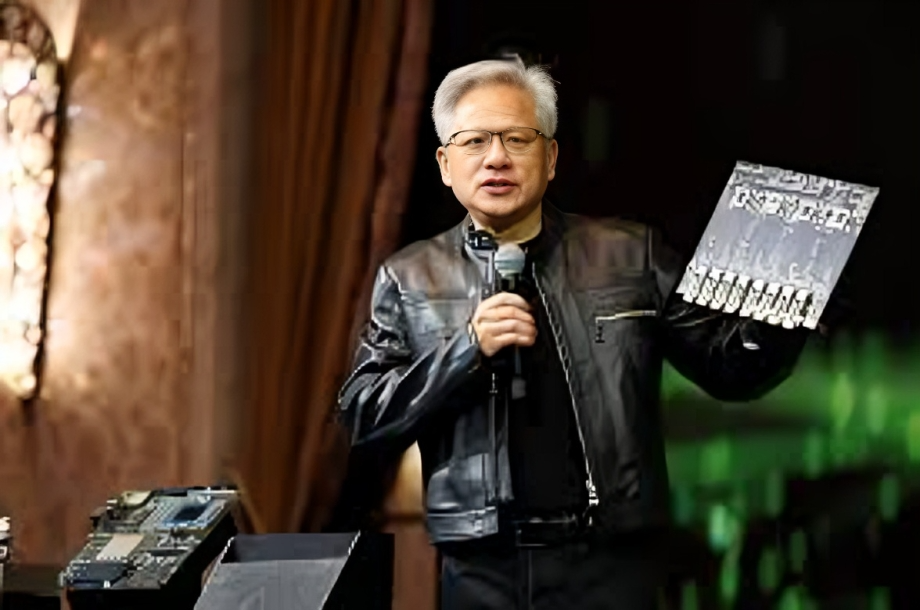In a major geopolitical and tech development, Nvidia’s CEO Jensen Huang has revealed that the Trump administration has approved the company’s application to sell its advanced H20 AI chips to China. The announcement came via a company blog post on Monday, with Huang later reinforcing the news during an interview on China’s state-run CGTN network and in remarks made to reporters in Beijing.
The move represents a significant policy shift just months into Donald Trump’s second presidential term, following years of tightening export controls under both the Biden and Trump administrations aimed at curbing China’s access to cutting-edge American semiconductor technology.
What Are Nvidia’s H20 Chips?
The H20 chip is a high-performance AI accelerator developed by Nvidia, designed to run large-scale artificial intelligence models like chatbots, computer vision systems, and advanced machine learning tasks. These chips are among the most powerful in the world and are critical to training and deploying next-gen AI tools.
Nvidia has become the world’s most valuable chipmaker and recently crossed a $4 trillion market valuation, largely driven by the explosive demand for AI chips from tech companies, cloud providers, and research labs.
🇺🇸 Trump Administration’s Shift: Reversing Biden’s Restrictions
The Biden administration had implemented new export controls in early 2025—before Trump reassumed office—aimed at curbing the export of H20 chips and AMD’s competing MI308 chips to China. These restrictions were introduced to ensure that U.S. advanced AI capabilities would not inadvertently support Chinese military or surveillance programs.
However, Nvidia and other U.S. tech leaders pushed back, warning that overly strict controls would damage American firms and give international rivals—including Chinese companies—a competitive advantage.
Huang’s Diplomatic Lobbying

CEO Jensen Huang reportedly met with Trump and senior White House officials earlier this year, arguing that:
- Over-regulation harms U.S. innovation and the ability to compete globally.
- Half of the world’s AI researchers are based in China, making it a critical market.
- Export restrictions could push allies and customers toward Chinese alternatives, weakening America’s soft power in the AI arms race.
Why China Matters to Nvidia
China remains one of the largest markets for advanced semiconductors, even as geopolitical tensions threaten the U.S.-China tech relationship. Speaking in Beijing at the China International Supply Chain Expo, Huang emphasized China’s innovation capacity, calling it a “dynamic and vital hub for AI research and development.”
“It’s so innovative and dynamic here in China that it’s really important that American companies are able to compete and serve the market here,” said Huang during his CGTN interview.
Huang also met with Ren Hongbin, head of the China Council for Promotion of International Trade, signaling Nvidia’s commitment to maintaining business relations in China amid the shifting regulatory landscape.
$5.5 Billion at Stake
Prior to the approval, Nvidia estimated that the export restrictions would cost the company $5.5 billion in lost revenue, making it a critical issue not just diplomatically but financially.
Now, with the green light from Washington, Nvidia is expected to resume deliveries of H20 chips to Chinese clients shortly, which may significantly boost revenue in the coming quarters.
The AI Arms Race: DeepSeek and China’s Growing AI Power
The U.S. government’s concern over China’s use of advanced chips isn’t unfounded. In January 2025, the launch of China’s homegrown DeepSeek AI chatbot sparked alarm among U.S. officials. Built using sophisticated AI architectures, DeepSeek demonstrated capabilities rivaling American tools like ChatGPT and Gemini.
This raised red flags over the military and surveillance potential of such AI systems, especially if powered by U.S.-origin chips.
What Happens Next?

While the license approval marks a temporary thaw in U.S.-China tech tensions, the broader strategic rivalry remains intact. Experts say:
- The U.S. may still impose conditional licenses, limiting specific use-cases.
- The Biden-era export framework still exists and could be reactivated under different political leadership in the future.
- Global chip players are diversifying supply chains to reduce exposure to geopolitical risks.
Market Impact
Following the announcement, Nvidia shares saw a moderate uptick in after-hours trading, reflecting investor optimism that the Chinese market is reopening for American AI chipmakers. Analysts expect other players like AMD and Intel to push for similar approvals in the coming weeks.
Expert View: Balancing National Security and Innovation
The ongoing challenge for the U.S. government will be striking the right balance between safeguarding national security and allowing American firms to compete globally.
Too much restriction risks ceding technological leadership to rivals like China, while too little control may expose critical technologies to misuse.
In this instance, the Trump administration appears to have chosen economic pragmatism over blanket bans, a strategy that may define the second Trump term’s approach to tech regulation.
S Jaishankar’s China Visit: Focus on India-China Ties


